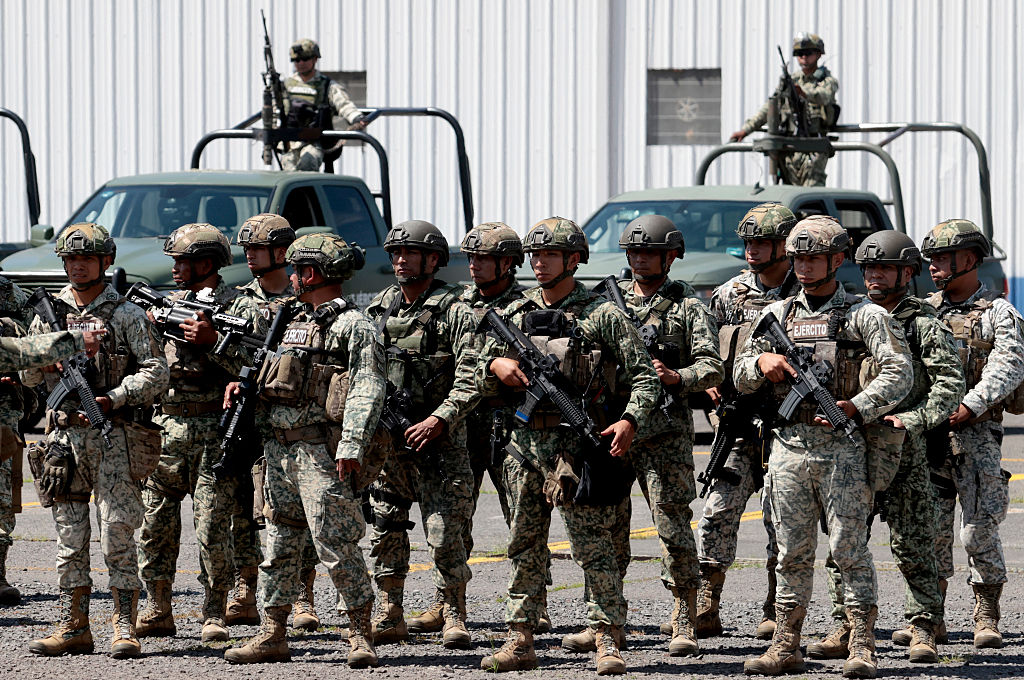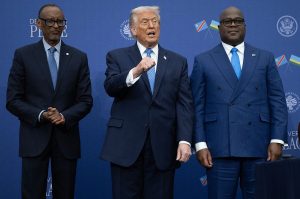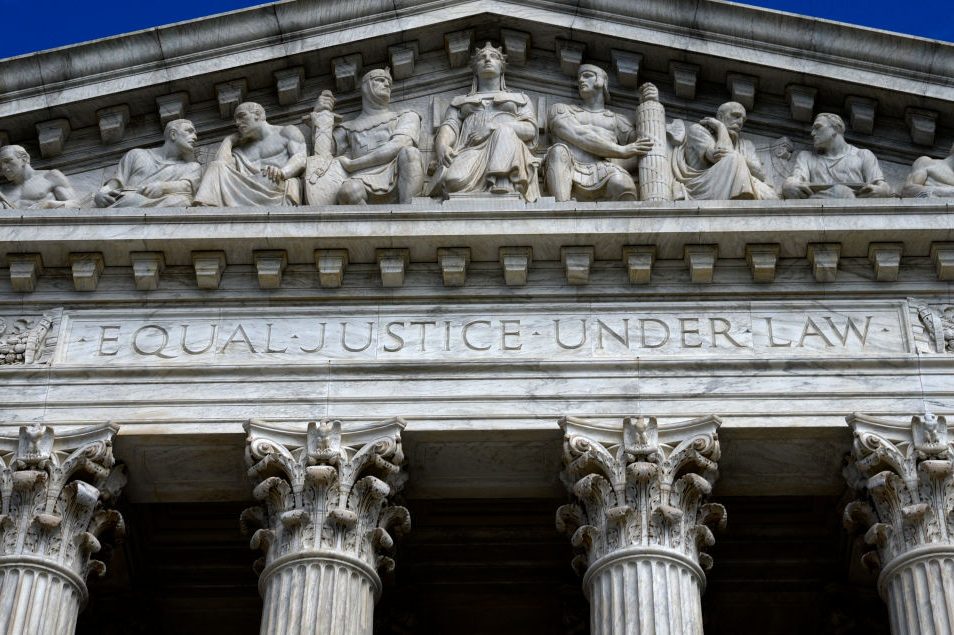President Donald Trump has signed off on a secret directive that, if activated, would let the US military hunt Mexican drug cartels the same way it once hunted al-Qaeda. Cartels branded as Foreign Terrorist Organizations could suddenly find themselves in the crosshairs of US drones, special forces and the full arsenal of counter-terror laws. Sinaloa, CJNG, Venezuela’s Tren de Aragua and even Nicolás Maduro’s own Cartel de los Soles are on the list.
In Washington, the move is framed as a clean break with decades of failed “law enforcement” tactics. No more just DEA stings or financial sanctions, this is now a national security war. Marco Rubio put it bluntly: “We can’t continue treating these guys like local street gangs. They have weapons like terrorists. In some cases, they have armies; in many cases, they control Territory.”
But here’s the catch: while the US postures about cartels as if they were ISIS, it’s also quietly negotiating with them.
Courtrooms in New York and Chicago have told a very different story from the one emerging from the Pentagon. Joaquin “El Chapo” Guzmán was given life in prison without the death penalty because prosecutors promised Mexico he wouldn’t face execution. His sons, the Chapitos, are brokering plea deals that shave decades off potential sentences. Remarkably, some of his family members have received visas to live in the US.
Other traffickers – men Washington brands as “terrorists” in press releases – end up in federal court trading testimony for lighter sentences, sometimes slipping into witness protection with new names and safe suburban lives. Washington will tell the public it doesn’t negotiate with terrorists. The reality? It does, when the terrorists happen to move cocaine and fentanyl instead of flying planes into buildings.
President Claudia Sheinbaum insists: “Our territory is inviolable, our sovereignty is inviolable, our sovereignty is not for sale.”
It’s a defiant stance rooted in history. US military interventions in Latin America rarely end without scars. But Mexico’s political class has another reason to keep Americans out. The cartel-politician nexus runs too deep. If US counter-terrorism teams start digging, they won’t just find stash houses in Sinaloa, they’ll find politicians fronting shell companies based in the US. For now, Sheinbaum’s drawing a hard boundary: They stay in their territory, we stay in ours. But Trump’s move shifts the power dynamic. Mexico is now being asked to cooperate in a framework that gives the Pentagon and US intelligence agencies more direct access to cartel Targets.
Sheinbaum is drawing a line in the sand, but Trump’s directive shifts the power dynamic.
Washington can now apply military, legal and financial pressure without formally crossing the border. Mexico is being cornered into cooperation, whether it admits it or not, leaving a wide-open back door for American intelligence operations.
Once Washington slaps the “terrorist” label on a cartel, the rules change. What was once a cat-and-mouse chase run by the DEA turns into open season under the Pentagon’s counter-terror mandate. Suddenly, US special operations forces can treat cartel figures like battlefield targets.
Surveillance drones circling over Baja California would no longer be limited to intelligence-gathering; they could be armed, authorized to strike. Special forces raids, once reserved for al-Qaeda camps in Yemen or ISIS safehouses in Syria, could theoretically land in the mountains of Sinaloa.
The courtroom becomes another front line. Under the Anti-Terrorism Act, families of victims are given the right to sue cartel bosses in American courts even decades later. The family of Enrique “Kiki” Camarena, the DEA agent kidnapped, tortured, and killed in 1985, is already pushing such a case forward. The precedent is powerful: cartel leaders could now find their fortunes tied up in endless litigation, with victims’ families clawing at the offshore accounts and front companies that have shielded their wealth. What once looked like impunity shifts to exposure.
The financial arena is just as critical. Washington has long wielded the Kingpin Act to sanction traffickers, but the terrorist designation broadens its reach. Now, entire financial ecosystems can be dismantled from shell corporations in Panama, to real estate holdings in El Paso neighborhoods, even US banks that turned a blind eye. The US has already tested this kind of economic warfare against Nicolás Maduro’s Venezuela, sanctioning Cartel de los Soles figures and seizing assets tied to the regime. Now, cartels don’t just risk arrest anymore; they risk having their political patrons and money men dragged into the open.
Perhaps the most consequential shift is reach. Once branded as terrorists, cartel leaders are no longer fugitives ducking DEA indictments; they have become international targets. US law now follows them wherever they go. If a Sinaloa lieutenant turns up in Spain or a CJNG broker tries to do business in Canada, extradition isn’t just a matter of slow diplomacy; it’s counter-terror enforcement. The precedent here is Panama in 1989: Manuel Noriega, a sitting head of state with deep ties to cocaine trafficking, was captured by US forces in a military operation and hauled into a Miami courtroom. The message was simple then, and it echoes now: no corner of the globe is beyond reach when Washington decides to treat a trafficker as an enemy combatant.
What Washington is signaling with the terrorist label is that the gloves are finally coming off.
The cartels are no longer just drug syndicates; they are enemy networks, and the United States is prepared to dismantle them piece by piece, even if it means rewriting the rules along the way.
But the contradiction is unfortunately glaring. In public, the US says cartels are terrorists. In private, prosecutors strike deals that let cartel lieutenants keep their lives, their families, sometimes even pieces of their fortunes.
El Chapo’s wife, Emma Coronel, convicted of helping run his empire, served just three years before walking free in Los Angeles. Compare that to Guantanamo detainees who have been rotting for decades without trial. Who gets treated like a terrorist?
The hypocrisy isn’t lost on Mexico. When Americans talk about hunting cartel leaders like jihadists, Mexicans see the headlines. When Americans cut sweetheart deals with those same leaders’ families, Mexicans see the footnotes in court documents, and, coupled with the immense loss these very figures have inflicted on Mexican society, it is a blatant slap in the face for the countless victims.
This war is no longer just about fentanyl or border security. It’s about what happens when the US decides to treat a criminal empire like a terror network but still plays by the old backroom rules of plea bargains, immunity and political convenience.
For Washington, it’s a double game: sanctions and indictments for some, green cards and plea deals for others. For Mexico, it’s a nightmare. If the US ever stops negotiating and starts treating the cartels like ISIS, the fallout will be catastrophic. If it keeps playing both sides, the hypocrisy will eventually boil over.
One way or another, sparks are starting to fly. And this time, they won’t just land on cartel strongholds in Sinaloa or Jalisco. They’ll land in the halls of power in both Washington and Mexico City.


























Leave a Reply